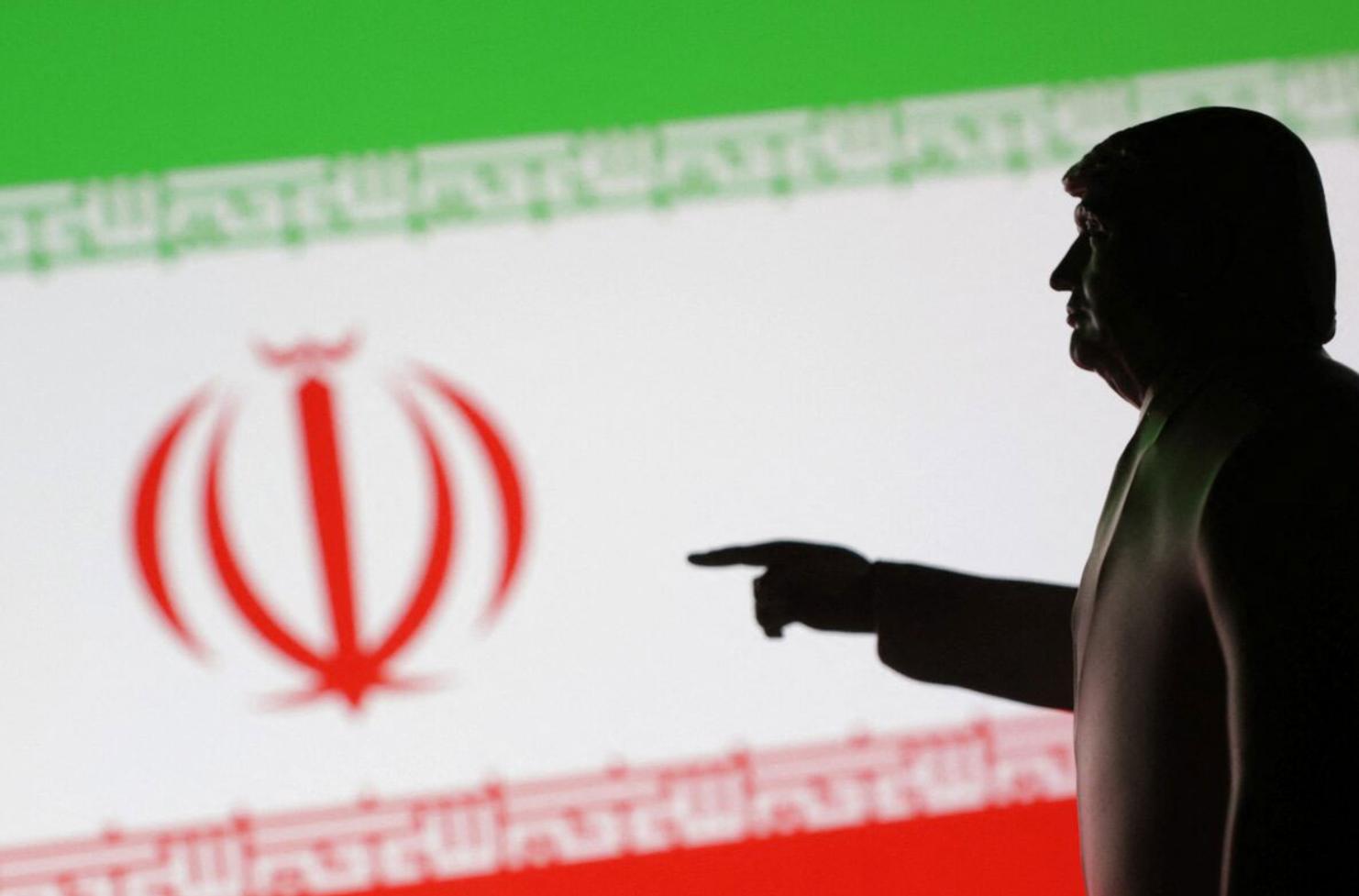
The conflict between Iran and Israel continues to escalate, and there seems to be no sign of calming down in the short term. In this complex international context, the position and role of the United States, as Israel's most important ally, have become particularly important. Recently, Western media reports pointed out that Israeli Prime Minister Netanyahu is pushing the United States to directly intervene in the military conflict with Iran. Although this goal is not a new strategic intention, Netanyahu's increased military strikes on Iran may be in the hope of disrupting the negotiations between Iran and the United States. So far, the United States has not made it clear whether it will directly intervene in this conflict and remains on the sidelines. To judge whether the United States will intervene, we need to analyze some key factors based on the position of the current US government.
First, Trump may not have known about Israel's attack plan in advance, but was forced to support it afterwards. Trump has repeatedly warned Israel not to take action against Iran in the past, so his claim of prior knowledge is contradictory. If Trump really knew about the action, then his relationship with Netanyahu has obviously been close for a long time. But he also does not want the outside world to think that he is just a "puppet" of Netanyahu. Trump does not want to be accused of blindly following Israel, even if these actions may be reckless or unilateral. In addition, considering the influence of pro-Israel lobbying groups and Jewish communities in the United States, Trump's open conflict with Netanyahu may put political pressure on him.
Second, another possibility is that Trump actually knew about the action in advance, and his remarks may be deliberately vague in order to divert attention from the real purpose. If this is the case, then there may be some kind of tacit understanding between Trump and Netanyahu, disguising the strategic cooperation between the two countries through public contradictions. The United States and Israel may have jointly planned this action to force Iran to make concessions in negotiations, especially on the nuclear issue, especially the core issue of uranium enrichment.
In addition, analyzing Trump's policy stance, Trump does not seem to be in a hurry to get involved in a new war. Going to war would violate the "America First" foreign policy that Trump has always advocated. Trump has repeatedly stated that the United States should avoid participating in long-term overseas military conflicts. Waging a new war will not only consume a lot of resources, but also undermine the policy of peace and stability he advocates. Although Trump promised to end existing wars, he did not actually end any of the conflicts. If he chooses to go to war with Iran, it may expose the contradiction that he cannot fulfill his promise.
At the same time, Iran has suffered some damage under Israel's military strikes and cannot gain an advantage in the negotiations for the time being. Israel's attacks have weakened Iran's bargaining chips and made Iran's posture less tough. This may make Trump think that Iran's current situation is enough to prompt it to compromise at the negotiating table, and there is no need to solve the problem through military action.
Finally, launching a war with Iran will bring huge financial and military costs, which is obviously a risk that Trump is unwilling to take. In his past policies, Trump has always focused on cost-benefit analysis. He is not interested in high-cost military operations. For example, in the Yemen conflict, the United States decided to sign a ceasefire agreement partly because the cost of war was too high. If the cost of the conflict with Iran is higher, then Trump's decision-making will face greater challenges.
In summary, Trump does not seem to be in a hurry to have a direct conflict with Iran. Although the United States may indirectly support Israel in some cases, from Trump's diplomatic philosophy and cost-effectiveness considerations, he prefers to solve the problem through diplomatic means rather than getting involved in a new war. Trump does not seek to change the Iranian regime through military means, but hopes to solve the problem through negotiations. Although Israel and the United States cooperate on their strategies toward Iran, Trump prefers to avoid achieving U.S. strategic goals through military conflict.

Recently, US Treasury Secretary Mnuchin publicly stated that the selection process for the next chair of the Federal Reserve has been initiated.
Recently, US Treasury Secretary Mnuchin publicly stated tha…
At the dawn of 2026, the United States launched a military …
From the stiff step when it first debuted in 2022 to demons…
"On the early morning of January3,2026, the United States l…
"We absolutely need Greenland," Trump's straightforward sta…
On January 3rd, the US Special Forces launched a surprise a…